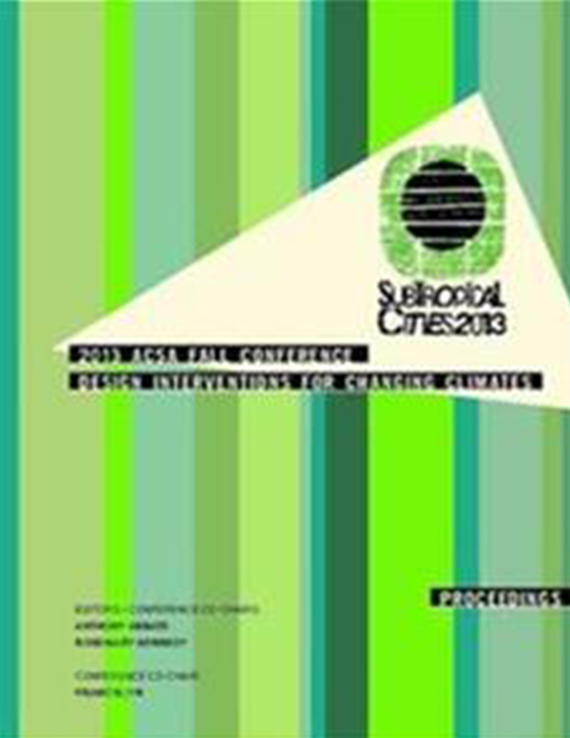Author(s): Diana Maldonado
In the last three decades of the twentieth century, Latin America has experienced a rapid increase in urban population, the needs of new inhabitants exceeding the capacity of governments, and the formation of informal settlements becoming common. Academics and practitioners of the disciplines of human spatiality identified this “new geography” as “popular” or “unplanned” development, recognizing that it has some interfaces with the vernacular but does not constitute a “tradition” itself. The result is that such “geography” has been underrepresented in the scholar discourses; even though the global urbanization forecasts estimate that by 2030 Latin America will be 80 percent urban. The intervention proposes for the squatter settlements have been based in a binary opposition strategy, on one hand, the professionals trying to obtain total control of the urban-architectural processes, and the control of everyday life. In contrast to social housing production (participatory process) that proposes the improvement of the settlements by the dwellers. The efforts have been many, but much more are needed. According to a 2012 Report (ONU-Habitat/ ECALC), 111 million people live in Latin American squatter settlements (urban vernacular geography). This paper looks for another alternative to break the binary opposition primacy, proposing a post-vernacular “geography” network, which will allow us combining rural and urban traditions as lessons, and considering the remapping as the key piece to improve the measuring systems to the quantitative and qualitative deficit of settlements. Nowadays, Latin American cities are facing serious problems related with the growing demands of their population, such as food, housing, transportation, drinking water, waste treatment; in addition to the alarming environmental degradation and its consequences. The nature of human settlements and the proposals from professionals need to be rethinking. The post-vernacular network represents a deconstruction and reconstitution of its original referent, a different kind of vernacular engagement, a third option that criticizes and reinvigorates the conventional approaches. Using case studies from Mexico and Argentina, I propose that from the post-vernacular geography network, both scholars and informal actors will find other way to engage with the natural-cultural environment, and perhaps, work together for spatial justice.
Volume Editors
Anthony Abbate, Francis Lyn & Rosemary Kennedy
ISBN
978-0-935502-90-9

 Study Architecture
Study Architecture  ProPEL
ProPEL 
